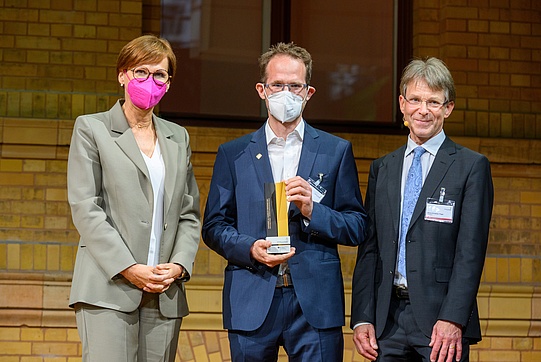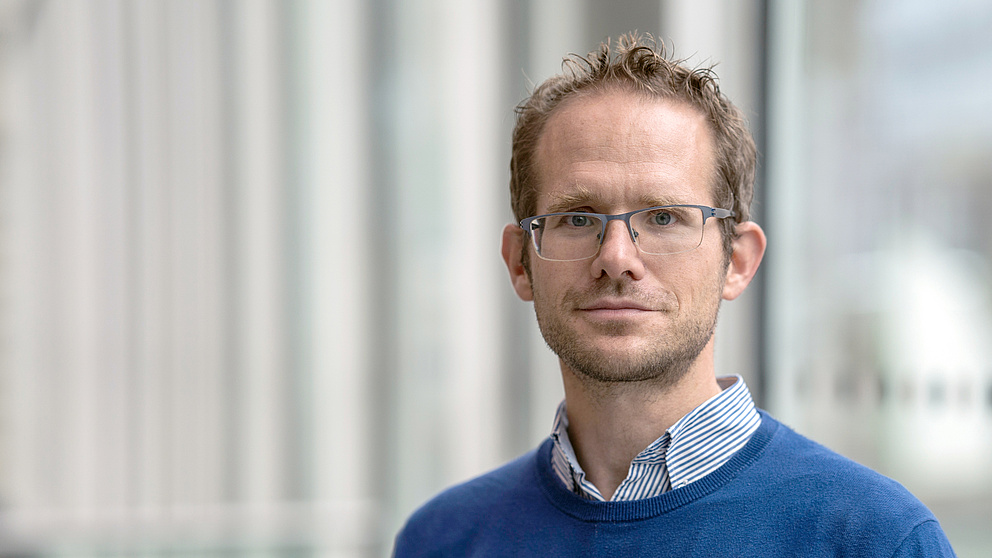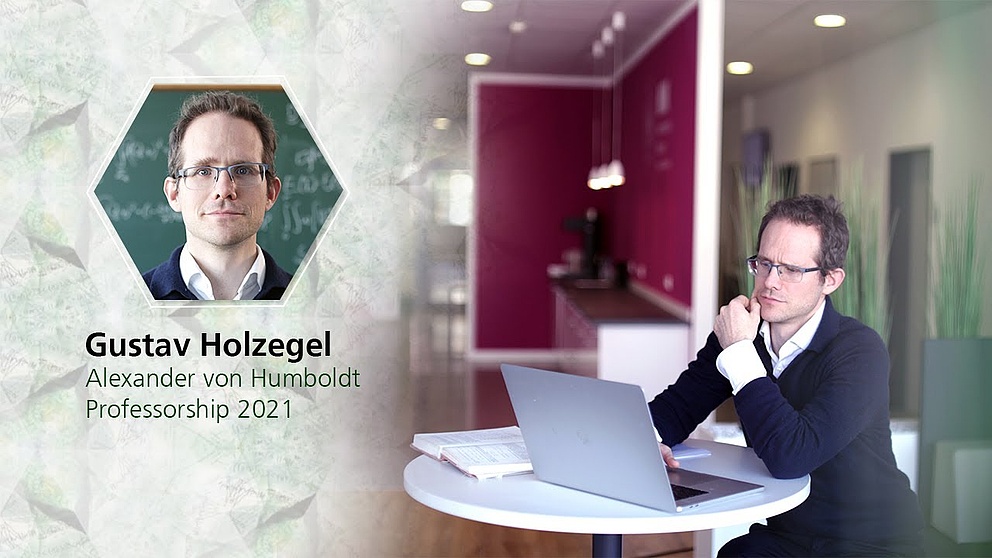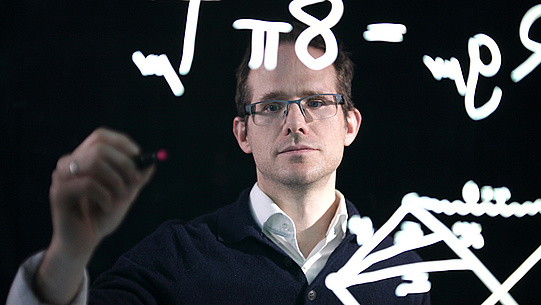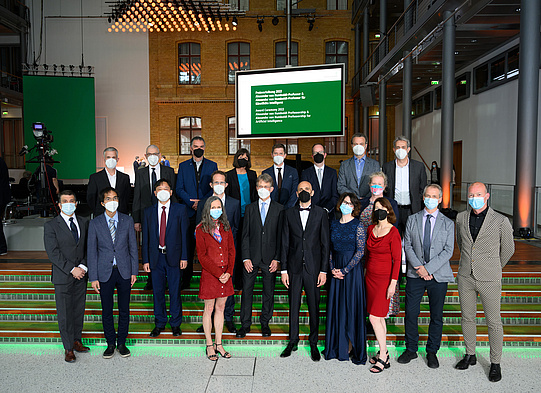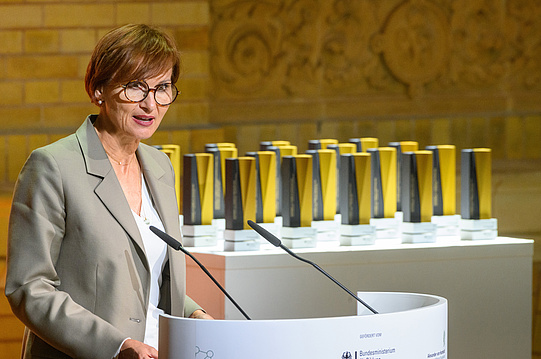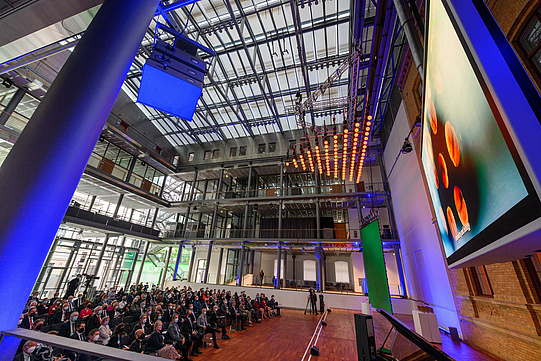Jump to the content
- {{#headlines}}
- {{title}} {{/headlines}}

Kontakt
Presse, Kommunikation und Marketing
Tel.: +49 228 833-144
Fax: +49 228 833-441
presse[at]avh.de
Mathematics
More than 100 years have passed since Albert Einstein’s general theory of relativity revolutionised our concept of the universe. Einstein himself had taken years to put his theory of the dynamics of the universe into a mathematical form: the so-called Einstein field equations that still pose huge challenges for mathematicians today. It is a system of ten highly-complex, non-linear, coupled, partial differential equations at the intersection of geometry and algebra for which there is still no complete set of solutions.
Einstein’s field equations can also be used to describe black holes and the curve of spacetime that they cause. So far, however, it was not understood how black holes could be as stable as a planet or a star because in the mathematics of black holes, solutions also lead to similar properties when the initial constellation is marginally changed. The solutions must be “dynamically stable.” Only then are they physically relevant. Gustav Holzegel has made an international name for himself by mathematically proving the stability of black holes in his work on existing solutions. With his research on the general theory of relativity Holzegel will contribute to enhancing Münster’s international appeal and the importance of the university’s focus on mathematics.
Brief bio
Professor Dr Gustav Holzegel was born in Germany. He initially studied physics in Kaiserslautern, Germany, and subsequently took his doctorate in the Department of Applied Mathematics and Theoretical Physics at the University of Cambridge, United Kingdom, in 2008. He taught mathematics at Princeton University, United States, where he became an assistant professor in 2011. In 2012, he relocated to Imperial College London, UK, assuming a professorship there in 2018. Gustav Holzegel has received two ERC grants and been awarded the London Mathematical Society’s Whitehead Prize and the University of Cambridge’s Adams Prize. In November 2020 he took up his position as a Humboldt Professor at the University of Münster.
Photos and videos
